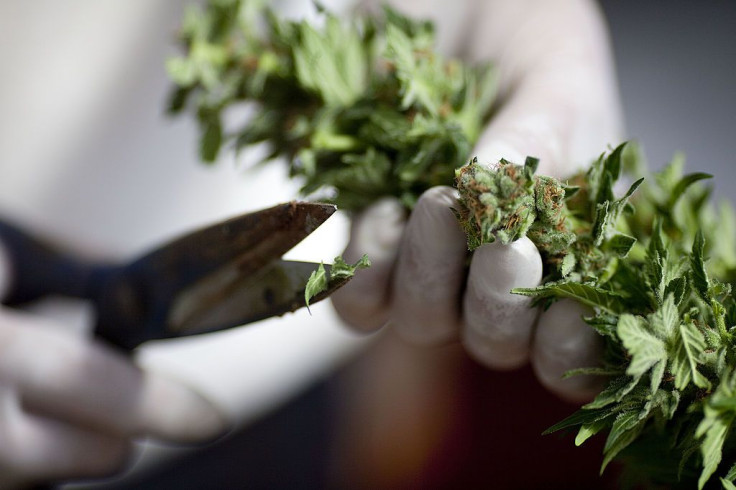A new study has found that cannabis can help prevent the lethal symptoms of lung disorders associated with respiratory diseases such as COVID-19. Tetrahydrocannabinol (THC), the main psychoactive component of cannabis, has been found to offer protection against the inflammation of the lungs, at least in mice.
Previous studies have proven that cannabis has far more applications than just getting people high. In countries where it is legal to use cannabis, the plant is used to treat certain neurological and mental disorders.
In a recent study published in Frontiers in Pharmacology, however, it has been found that the THC in cannabis also offers a wealth of respiratory benefits, especially among COVID-19 and influenza patients.
Every year, at least 3 million people from different parts of the world battle acute respiratory distress syndrome (ARDS), a respiratory disease characterized by the rapid inflammation of the lungs, shortness of breath, and bluish skin. Up to 50 percent of patients who show symptoms of ARDS die every year.
Last month, a team at the University of South Carolina used THC from cannabis to treat mice showing ARDS symptoms. Researchers have found that the THC could act as an anti-inflammatory agent, helping stop the inflammation in the lungs. By blocking the pro-inflammatory cytokines that bring immune cells and cause damage to the lung area, the THC was able to protect 100 percent of the mice subjected to the study against lethal symptoms that could happen after a cytokine storm.
ARDS symptoms usually follow a surge of signals in the lungs called a cytokine storm. Cytokines are essential in the immune system when the body is dealing with an infection. These cytokines can either be pro-inflammatory or anti-inflammatory.
While the study has found that the THC helps slow the inflammation of the lungs during a viral infection, researchers have suggested that more testing and clinical trials need to be done to prove the effectiveness of cannabis in treating viruses that target the lungs. Since mice were used in the conduct of the study, it remains unknown if the research also translates to humans.

© 2025 Latin Times. All rights reserved. Do not reproduce without permission.



